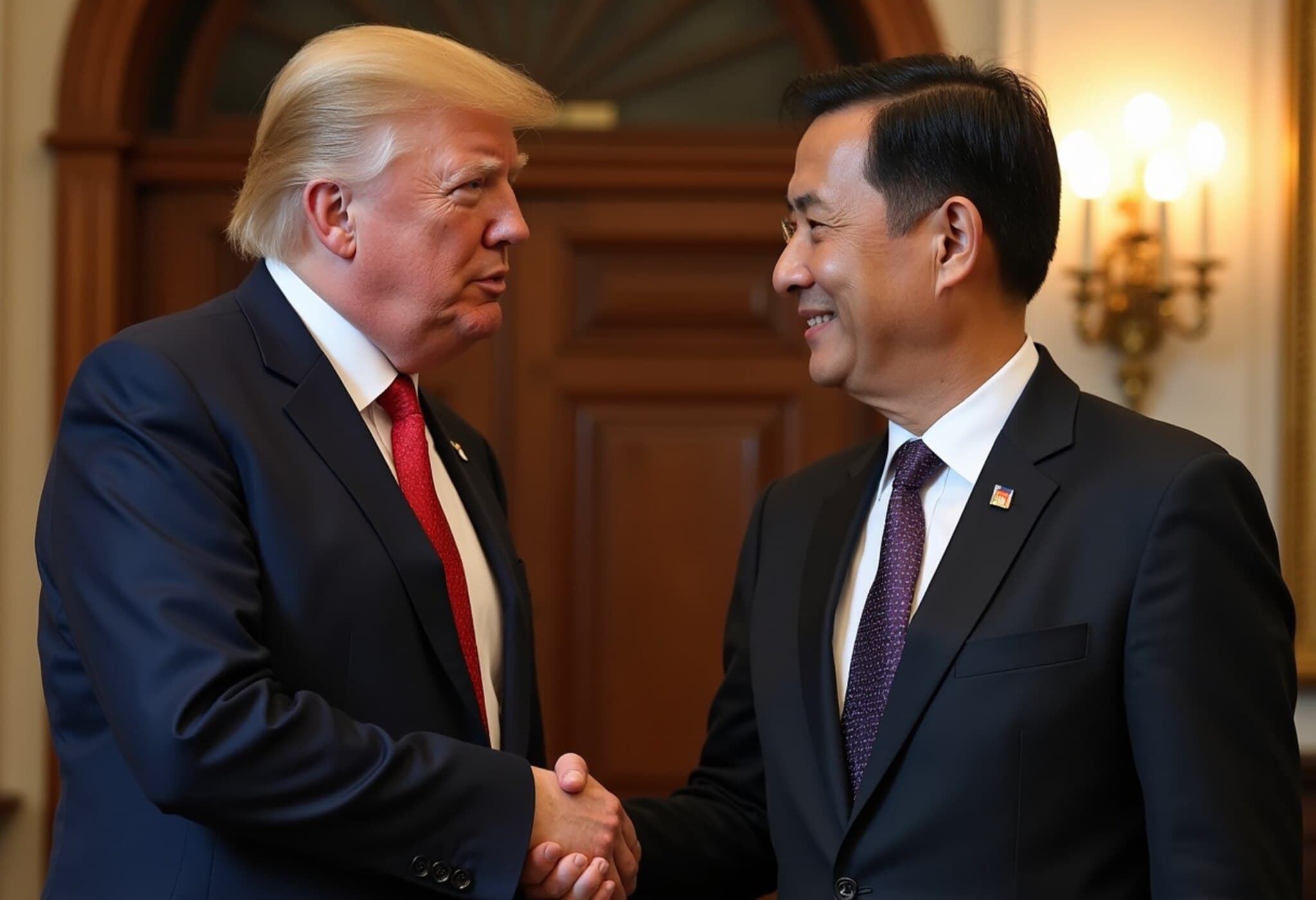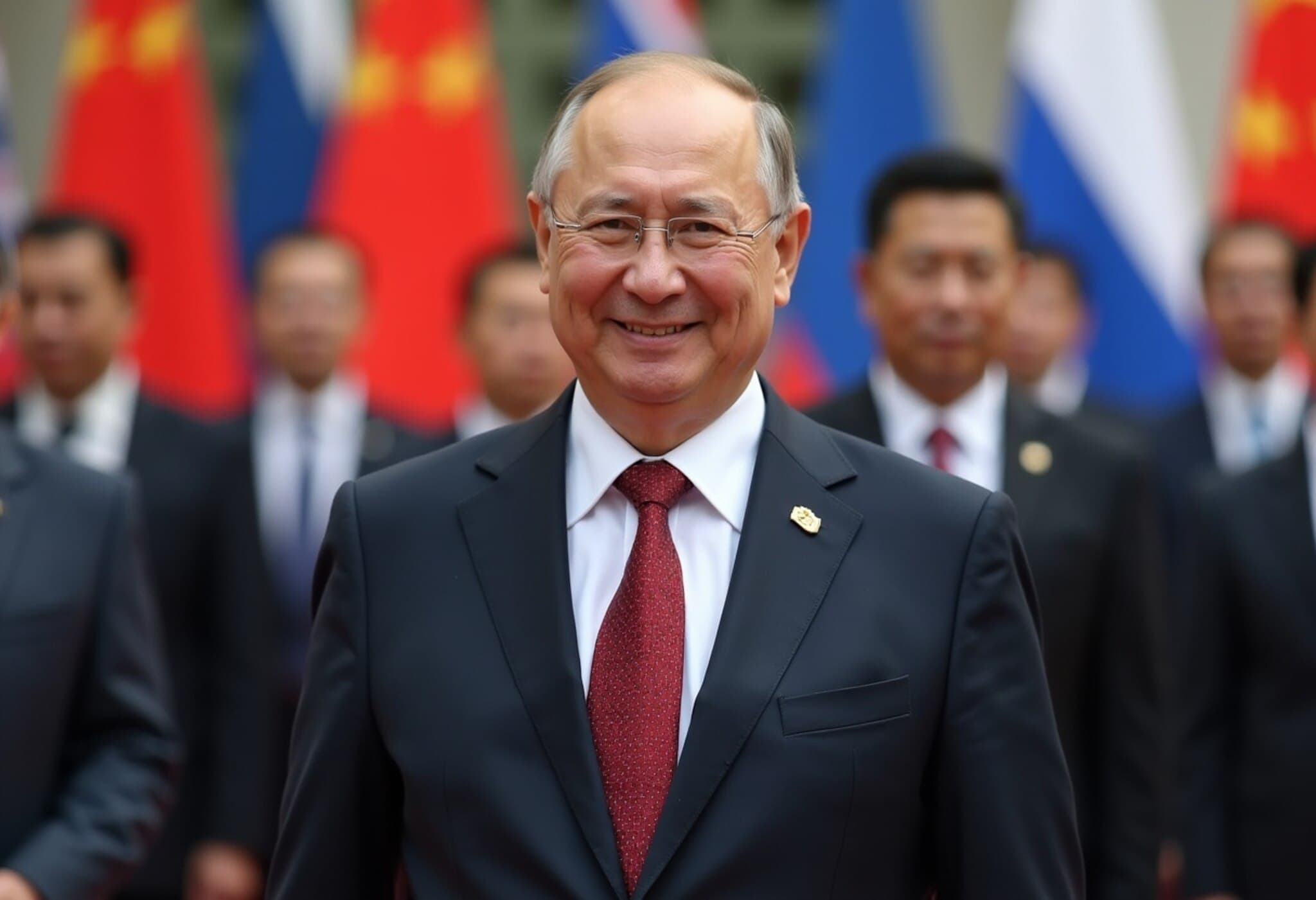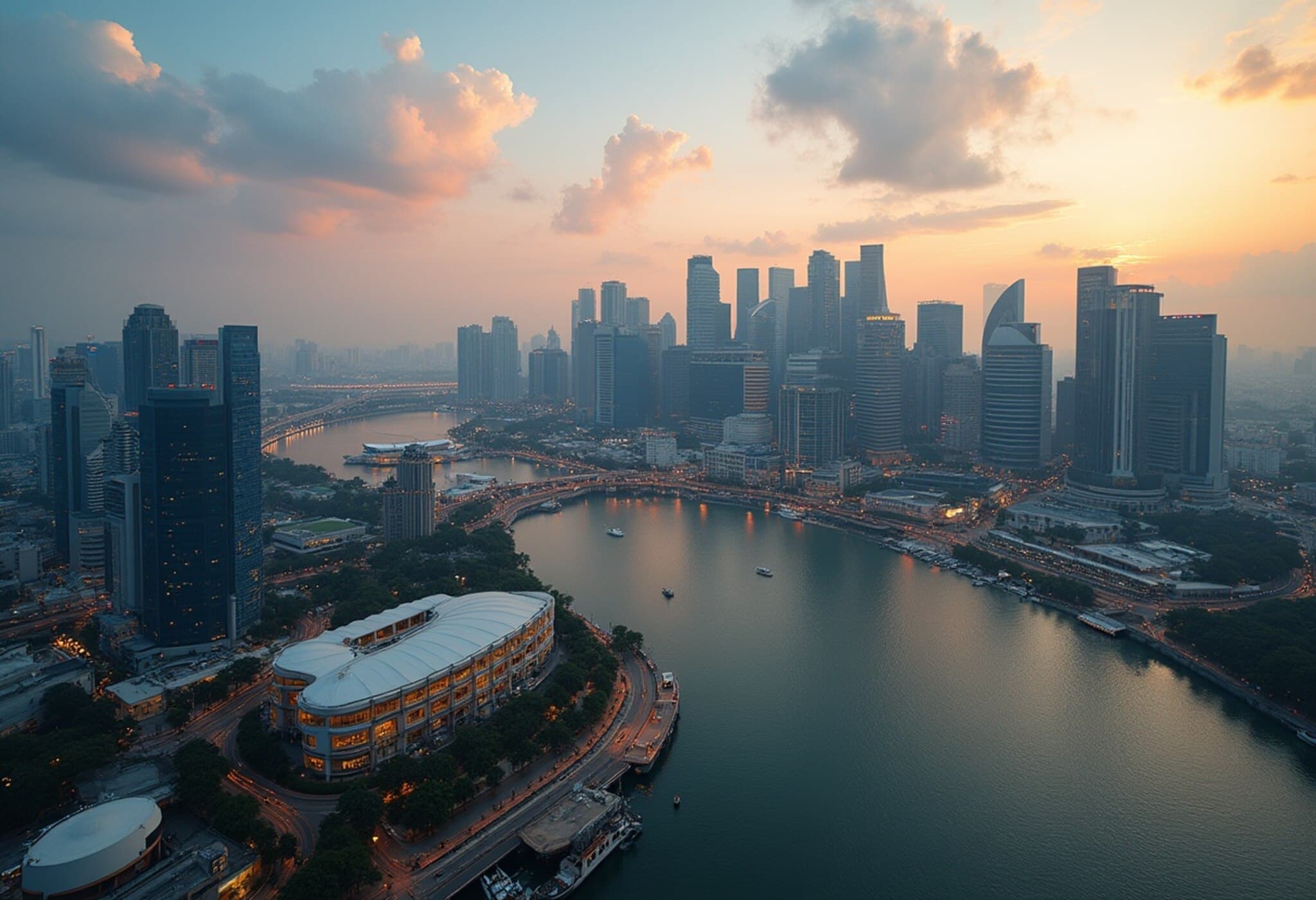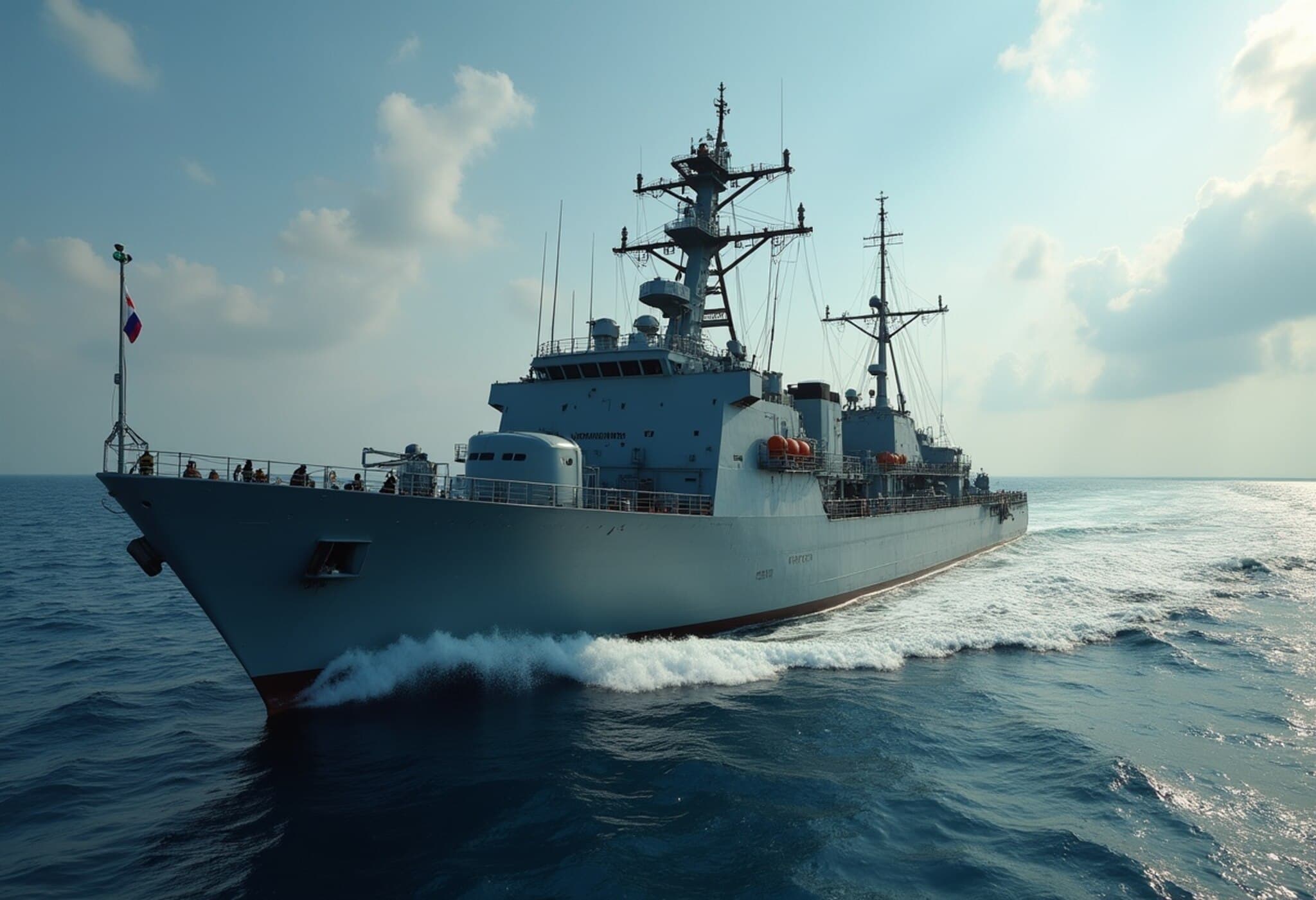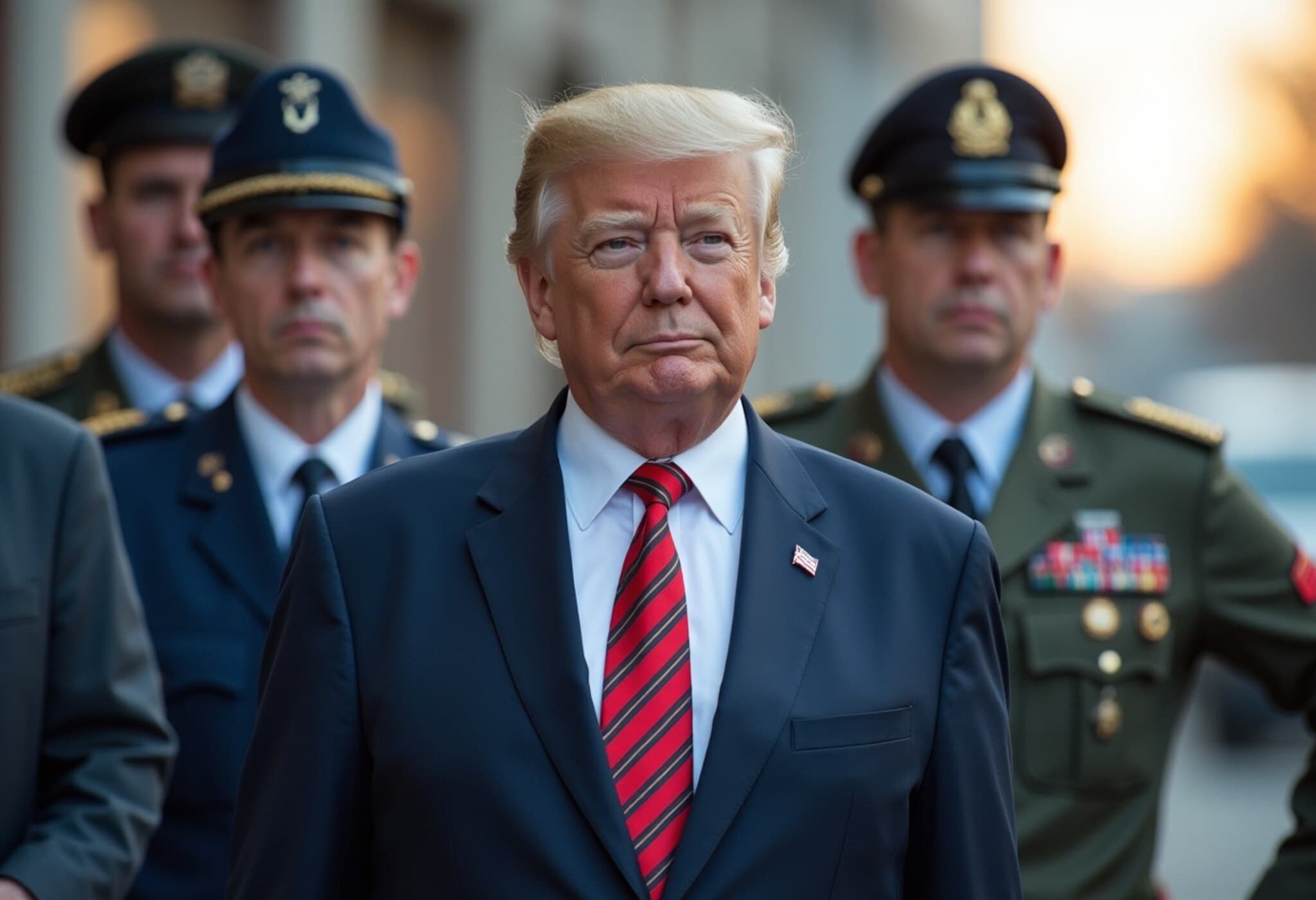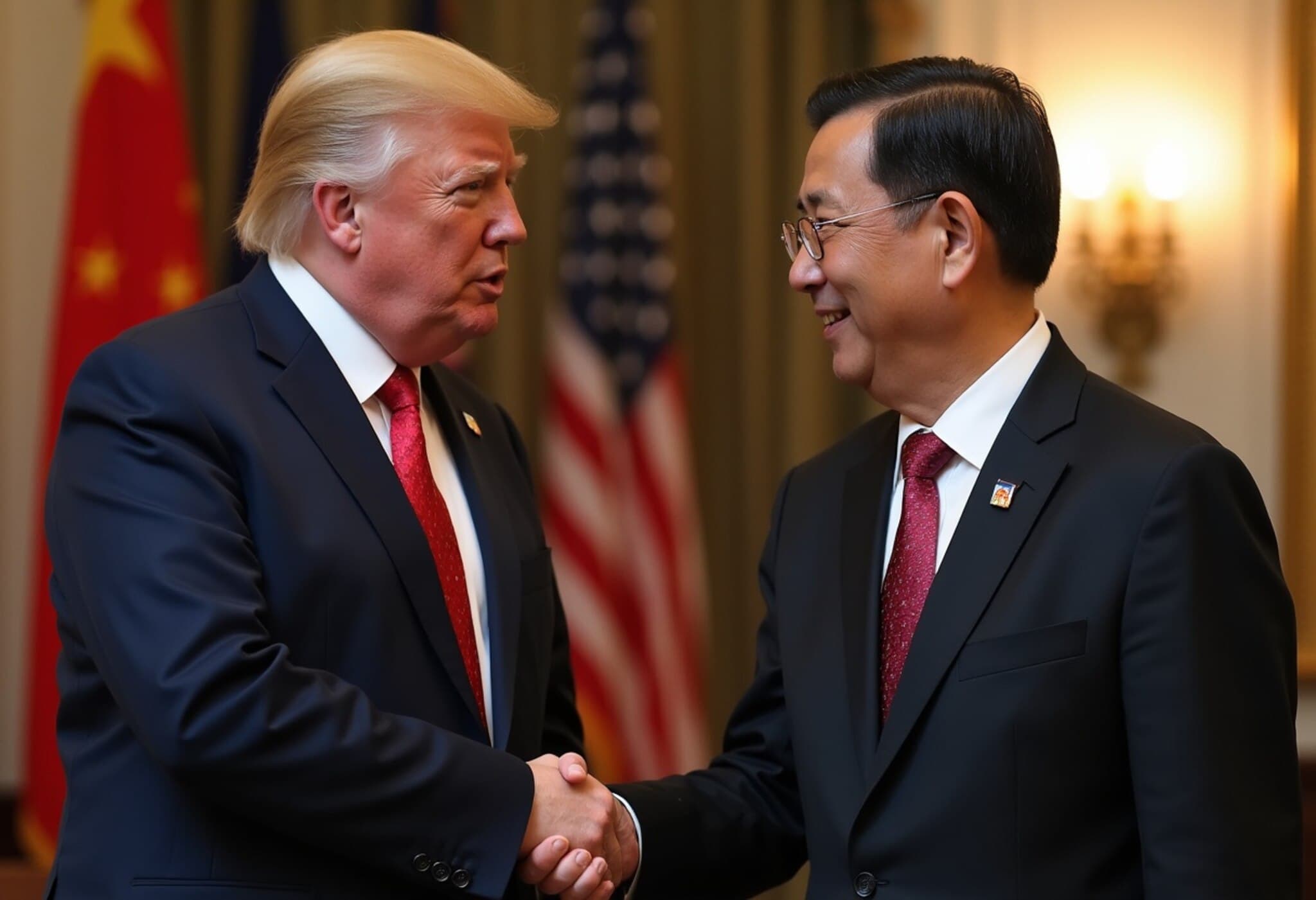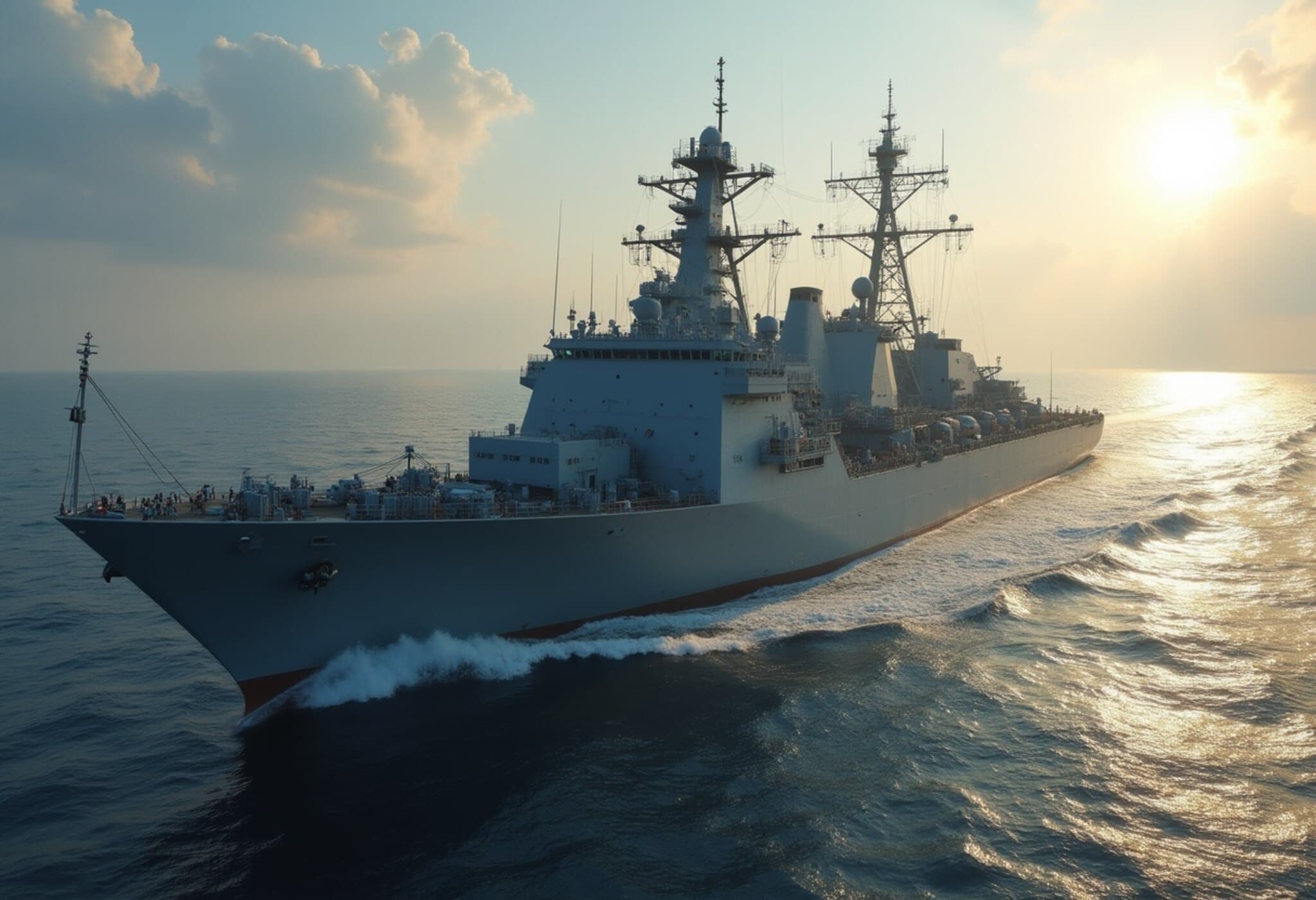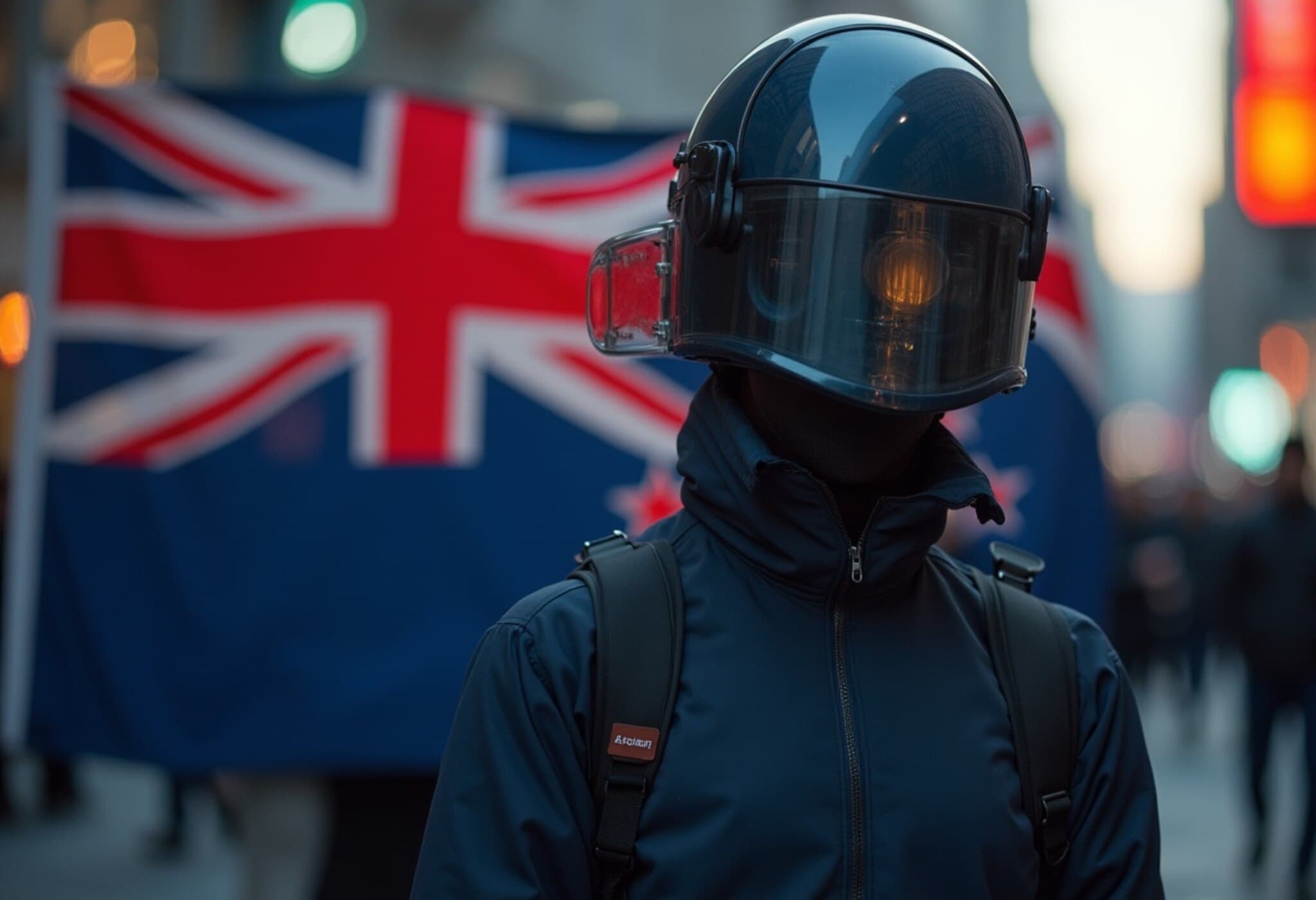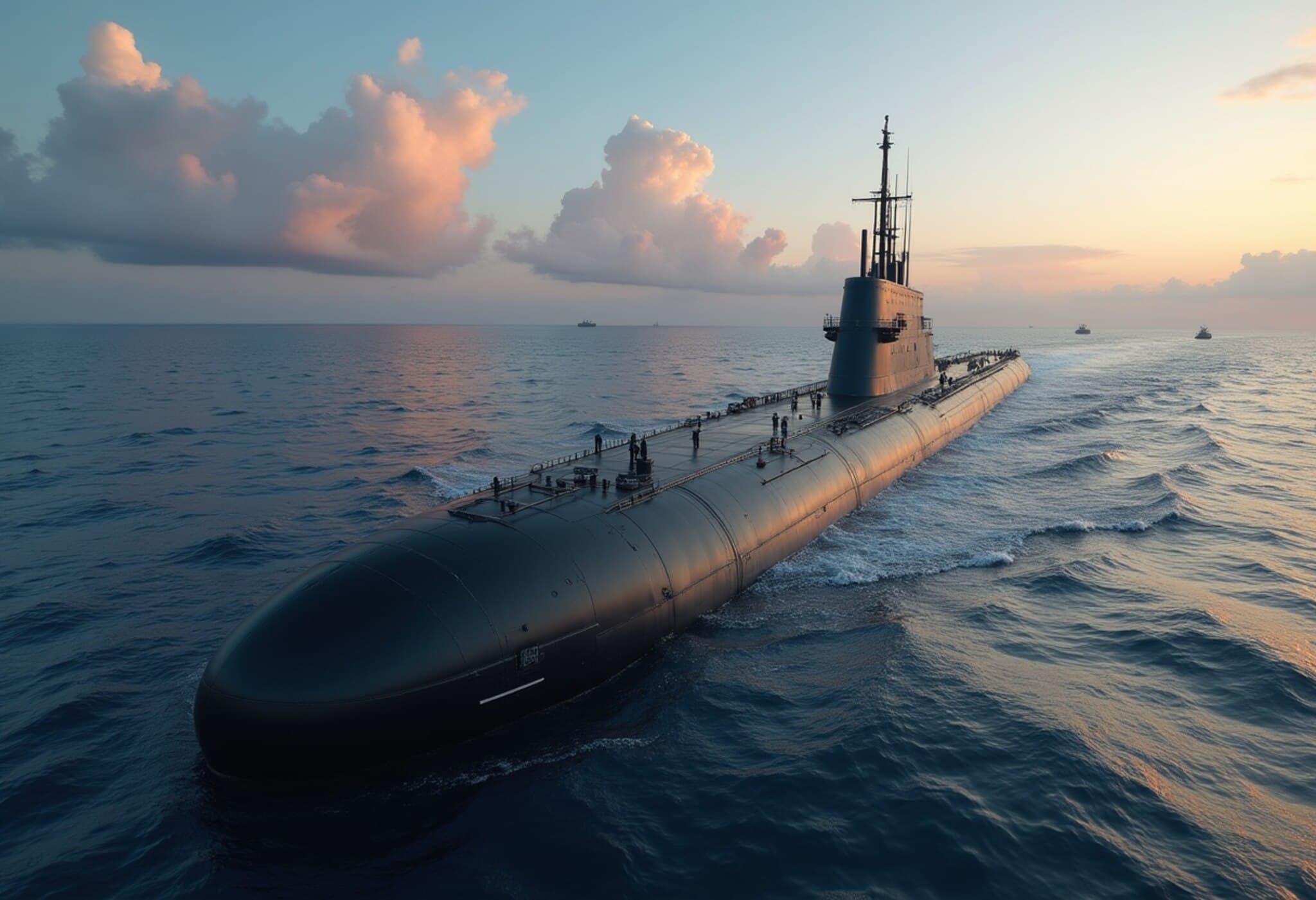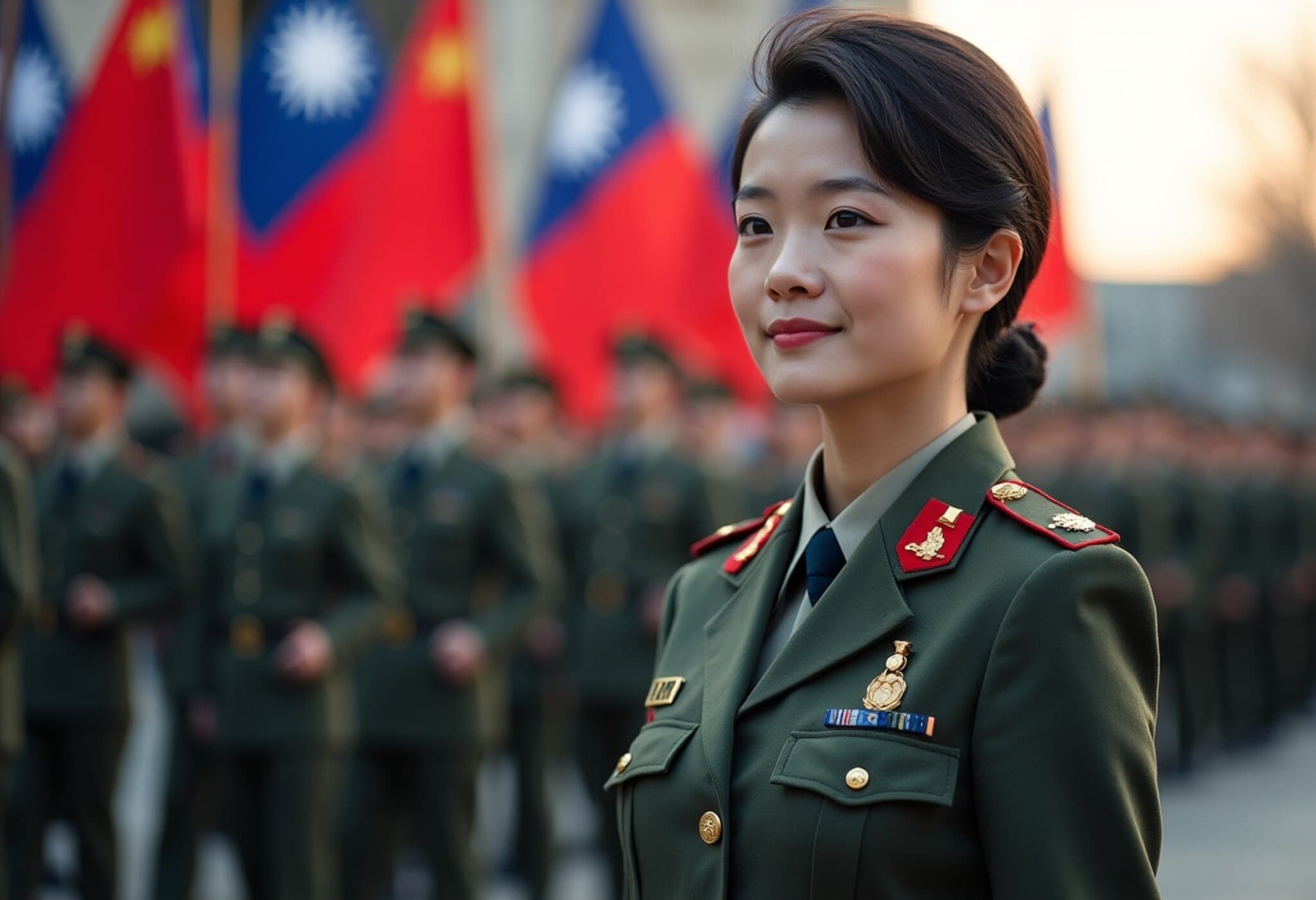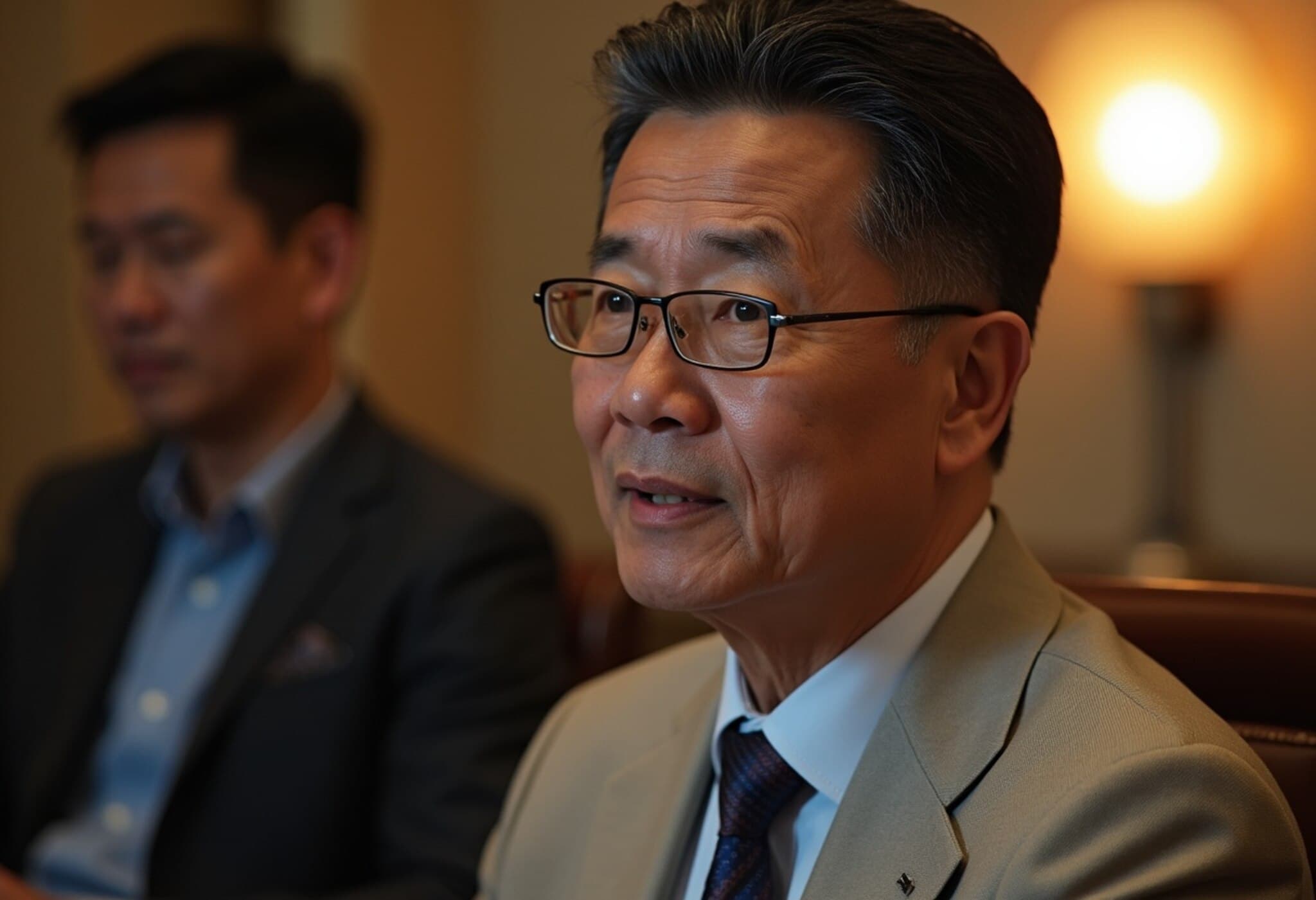Overview of Upcoming US-Philippines Summit
In a significant development for Asia-Pacific geopolitics, former US President Donald Trump has announced plans to host Philippine President Ferdinand Marcos Jr. at the White House "very soon," with the precise date yet to be finalized. This meeting underscores the longstanding alliance between the two nations and their shared intent to deepen collaboration on economic and security matters amid rising regional tensions.
Context: Strengthening an Enduring Treaty Alliance
The Philippines and the United States share a defense treaty that dates back to 1951, making their relationship one of the deepest and oldest American alliances in Asia. In recent years, the partnership has intensified to counterbalance growing security concerns, especially related to China’s assertive behavior in the South China Sea—a vital global trade artery and hotspot for territorial disputes.
Enhanced Military Cooperation
- Joint large-scale combat exercises conducted in the Philippines have been a clear message of deterrence to regional challengers.
- Plans to ramp up "peace through deterrence" reflect a strategic pivot aiming to uphold freedom of navigation and territorial integrity.
Philippine Ambassador to the US, Jose Manuel Romualdez, highlighted the intention to discuss how both countries can further expand such defense collaboration during the upcoming meeting.
Multilateral Security Frameworks and Economic Initiatives
Beyond bilateral ties, the US is also cultivating a trilateral security and economic partnership with Japan and the Philippines. This bloc is vital for maintaining stability in the Asia-Pacific region, addressing maritime security challenges, and reinforcing trade corridors.
US Secretary of State Marco Rubio recently engaged with his Japanese and Philippine counterparts at the ASEAN ministerial meetings in Malaysia to reinforce this trilateral alliance. Rubio emphasized their joint commitment to "economic corridors, maritime security, and territorial integrity."
Why This Matters for the US and the Region
- The Philippines is Washington’s oldest treaty ally in Asia, and the US has repeatedly affirmed its commitment to come to its defense in case of armed attacks, especially in the contested South China Sea waters.
- Given China’s expansive territorial claims, the US-Filipino alliance serves as a critical counterweight ensuring freedom of navigation and lawful dispute resolution.
- The partnership sends a strategic message to other regional actors that the US remains invested in Asia-Pacific security and economic stability.
Underreported Perspectives and Key Questions
While the alliance is often framed around military deterrence, less attention is given to its economic dimensions—specifically how increased US-Philippines cooperation could impact regional supply chains, investment flows, and local development. Furthermore, critics question how such military buildup affects the Philippines’ sovereignty and domestic political dynamics, considering its complex relations with China.
Another crucial but overlooked angle is how this summit aligns with the US’s broader Indo-Pacific strategy, especially amidst shifting electoral politics domestically. Will this meeting signify a continuity of US commitments or herald new diplomatic priorities?
Looking Ahead: What to Expect from the Summit
- Formal schedule announcements in the coming weeks as arrangements finalize.
- Potential announcements on expanded defense cooperation and joint economic projects.
- Renewed messaging on the US’s role in ensuring peace and stability in the South China Sea.
- Engagements aimed at bolstering trilateral cooperation with Japan to promote regional rules-based order.
Editor’s Note
This impending high-profile meeting offers a vital lens on the evolving US-Asia relations amid escalating regional complexities. It invites us to consider not just traditional security concerns but also the broader economic and diplomatic ramifications. As the US and the Philippines seek to reinforce their partnership, the world watches closely—highlighting the ongoing balancing act of power, partnership, and principles shaping the Indo-Pacific’s future.

